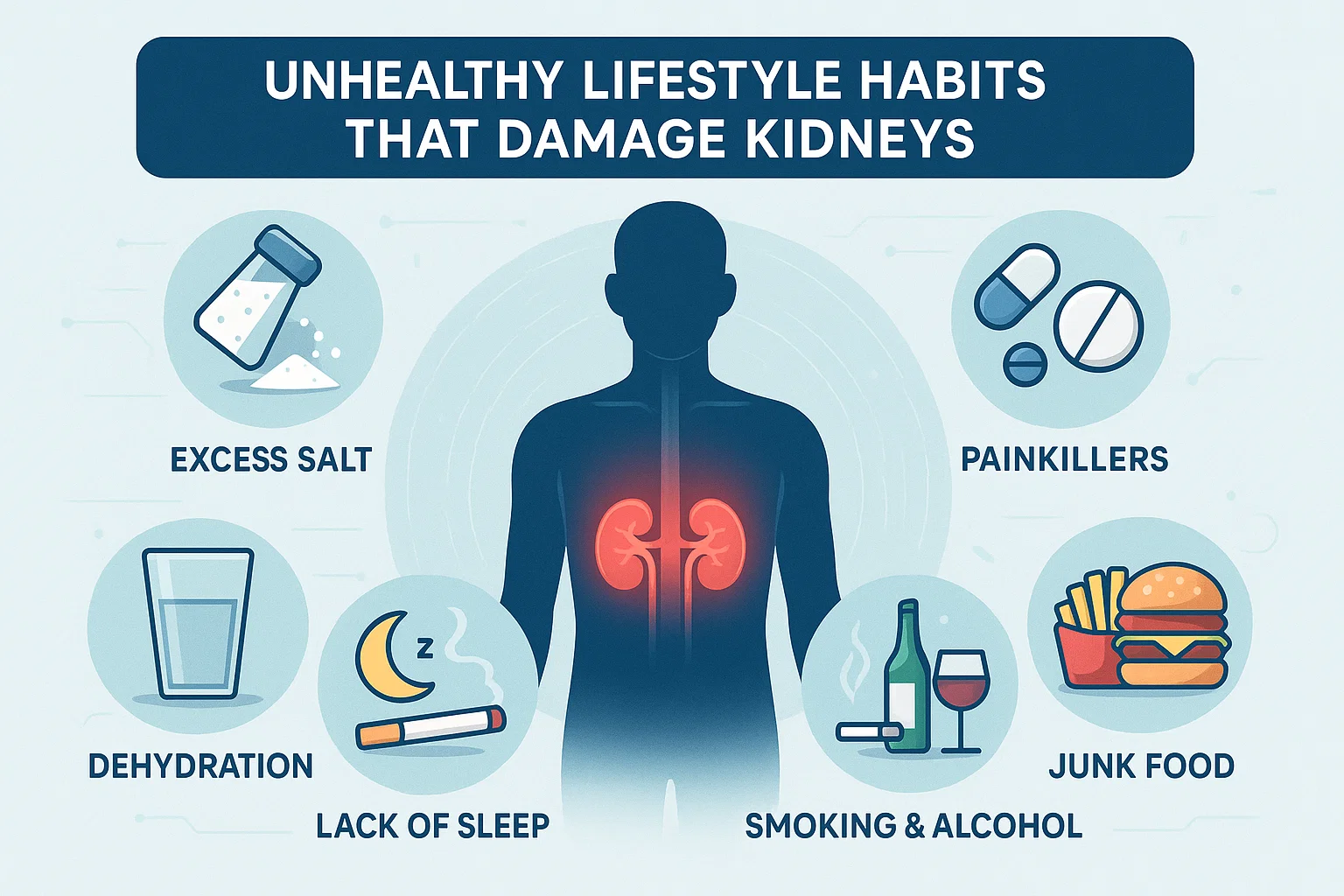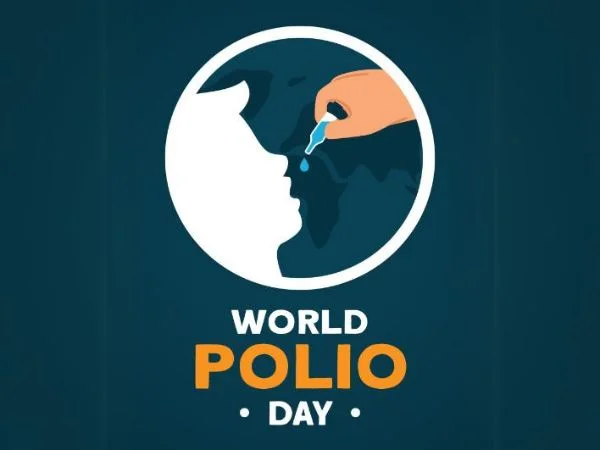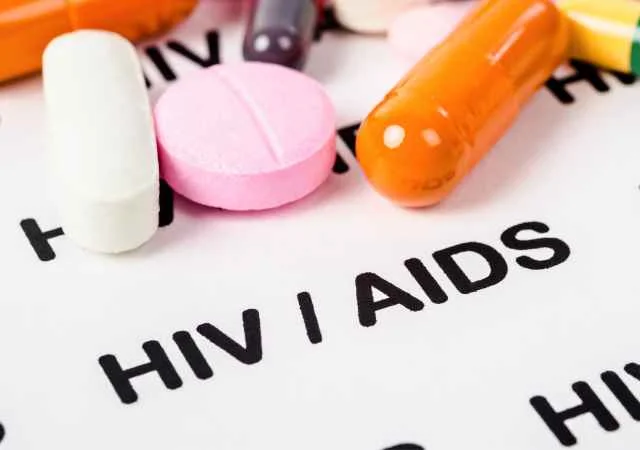The incidence of CKD has been increasing at an exponential level in India, and the recent survey has witnessed the increase in incidence from 11.2% (2011-2017) to 16.38% (2018-2023) among the age group above 15 years. It has been largely because of lifestyle-related causes like physical inactivity, inappropriate diet, an increase in diabetes, and hypertension. One particular concern is the growing number of younger adults with CKD, who are more and more frequently diagnosed with CKD due to obesity, unmanaged blood pressure, and analgesic or nutritional supplement misuse. Early detection of kidney stress is being enabled by artificial intelligence, and new pathways to early detection and customized care methodologies are being investigated.

Daily routine habits, uncontrolled, quietly impair the kidneys over a period of time. They are “invisible habits” like inappropriate food intake, inactivity, over-the-counter medication abuse, and absence of blood pressure or blood glucose monitoring. They quietly steal kidney function over time without evidence unless there is existing damage. It must be discovered and treated to keep the kidneys healthy early on and avoid the onset of chronic disease.
Section 1: Breakthrough Year for Kidney Health
The year 2025 will witness a breakthrough in kidney health due to new medical understanding and extremely advanced computerized diagnostic devices that can spot kidney stress much earlier than the existing methods. Ordinary diagnostic tests of kidney health fail to identify problems until grave damage has already been done.
In addition to this, implantable bioelectronics also allow for more accurate monitoring with monitoring of kidney tissue health and blood flow in real-time. The system is based on AI-driven predictive models that inspect vast quantities of health information and dynamically estimate kidney risk and modulate interventions. Individuals can now see for themselves how “silent behaviors” such as dehydration, salt excess, or drug excess damage their kidney function on their wearables, and prevention is simpler and closer to home.
This latest generation of kidney care shows how everyday habits are more important than ever before, since damage that could not previously be quantified is now visible, and this guarantees the adjustments in lifestyle and treatment on a timely basis. The technology to track kidney function from a distance provides an expectant, individualized approach that can critically decelerate the progression of chronic kidney disease and complications.
Section 2: The 6 Habits You Think Are Innocent But Really Aren’t
Habit 1 – Excessive Salt
Excessive salt is a stealthy kidnapper of kidneys. Much of the sodium people consume doesn’t come from the saltshaker but hides in snacks, sauces, packaged dinners, and restaurant dinners. Excess sodium also develops blood pressure overload, one of the greatest risks for the kidneys. Technology aids this risk more in 2025. Artificially intelligent food apps can now scan foods and monitor your sodium level automatically and warn you if you are going towards toxic levels. That instant feedback compels you to eat healthy foods and look after your kidneys before damage is done, closing the knowledge-action gap for healthy kidneys.
Habit 2 – Reduced Water Intake
Dehydration is prevalent today as a result of global consumption of caffeine and energy beverages that mask the sensation of thirst. Dehydration compels the body to increase the release of the vasopressin hormone as an effort to keep the body hydrated. The hormone also causes the creation of kidney stones and increases chronic kidney disease by subjecting kidneys to strain. Adequate hydration is necessary to preserve kidney filtering capacity and the removal of wastes. By 2025, staying hydrated is no longer a guessing game. Hydration wearables, intelligent water bottles, and watch alerts monitor fluid intake throughout the day and remind users to drink enough water daily. These are the technology devices that circumvent silent kidney stress due to an absence of water intake so users can keep their kidneys healthy with easy, timely hydration.
Habit 3 – Painkiller Abuse
People habitually self-treat with painkillers available without prescriptions, believing minuscule doses can’t hurt them. The insidious stress builds up in quietness, maybe unobserved, before it has caused much damage. In 2025, symptom checkers driven by artificial intelligence reverse it all. They are advanced machines that monitor drug-use histories and advise users every time their use of painkillers potentially jeopardizes them, so that they are safe to use. This proactive step averts injury from the self-medication culture while facilitating early behavior adjustment prior to incurable injury being suffered.
Habit 4 – Processed & Junk Food
Ultra-processed foods have naughty phosphates, preservatives, and excess sodium that all disrupt kidney function.
The toxins induce oxidative stress and tubular injury, the small kidney units responsible for filtering blood. Decades pass with perpetual failure before the kidneys are affected, as such chemical preservatives drain the kidneys, working hard to remove toxins. Imagine kidneys working silently decade after decade from such pounding. By 2025, advanced AI technologies will scan food content in real-time and suggest less-impactful, kidney-friendly alternatives. The technology enables diet-aware sensitivity to chemical exposure and reduction, making the kidneys immune to processed food’s eventual damage.
Habit 5 – Smoking & Alcohol
Smoking and alcohol raise kidney risk, too. Kidneys have to filter harmful alcohol metabolites that dehydrate and contribute to the load. Smoking narrows the diameters of renal vessels with blood to the kidneys, decreasing oxygen and nutrient supply, harming renal tissue. Beyond these recognized influences, recent 2024-25 studies link e-cigarette chemicals with premature kidney inflammation, unveiling an evil menace that is unheard of by people. The chemicals trigger immune responses that kill the kidneys before symptom manifestation. There is an urgent need for sensitization, especially since vaping is increasingly popular among young people. Avoid such addictions to protect the kidneys from additional stress and prevent chronic kidney disease.
Habit 6 – Insufficient Rest
The health of sleep is irreversibly related to kidney function. Poor sleep incites an over-activated sympathetic nervous system that increases blood pressure and inhibits cleansing operations at night by the kidneys. Kidneys carry out essential repair and removal of wastes during deep sleep. Disruption of the sleep cycles prevents this from occurring, leading to mild damage to the kidneys. By 2025, sleep apps of artificial intelligence can track sleep cycles and identify early manifestations of renal stress using advanced biomarkers. Personalized tracking enables one to treat sleep disorders early enough, minimizing the risk and enabling overall well-being. Healthy kidneys are equated with quality sleep, an argument positing the role of rest as part of good kidney care practice.
Section 3: Shattering the Habit Loop
Shattering the habit loop toward improved kidney health by 2025 is based on personalized technology and life solutions.
To enjoy the best kidney health, patients increasingly turn to diet apps that personalize dietary recommendations to their own kidney function and lab work. Apps track and manage the consumption of essential nutrients such as sodium, potassium, and phosphorus to enable informed decisions daily. Monitoring of hydration through smart water bottles and wearable technology is now the norm, allowing easy monitoring of adequate fluid levels that safeguard against kidney filtration. Apart from this, genetic testing for risk susceptibility to chronic kidney disease (CKD) can now also be done and hence individuals can act upon the genetically predicted risk before the development of the disease, and hence allow early prevention to be effective even before the development of irreversibility. On diet, AI-apps substitute omnipresent “don’t eat” lists with personal diets with tailored “red foods” that overly strain one’s kidneys. Personalized nutrition does not unnecessarily limit diet with low kidney strain.
Kidney-friendly foods include antioxidant-enhancing berries and greens, anti-inflammatory omega-3 fatty acids, and probiotics that regulate gut-kidney interactions without toxin buildups.
Low-sodium trending 2025 superfoods like lab-grown proteins with low phosphates are trending for 2025 because they are kidney-friendly. AI-based nutrition devices today suggest these foods that are kidney-friendly based on unique indicators of kidney stress to help individuals create diets conducive to sustaining kidney health in the long run. This union of technology and personalized lifestyle interventions is the new battleground of kidney health.
Section 4: Future-Proofing Your Kidneys
Five years later, in 2030, kidney failure will double for the whole world if current unhealthy lifestyle tendencies continue to prevail. Ten years from now, in 2025, embracing “Kidney-Smart Rituals” will future-proof kidney health and stop accelerating chronic disease development.
Firstly, reminders to drink synchronization of dynamic wearables ensures equal fluid intake and avoids kidney overloading due to dehydration. The devices remind at the right time and as per one’s individual requirement. Secondly, the consumption of AI-based apps that make meal sodium scannable and traceable lowers consumers’ stealth salt intake—a high-risk factor for renal function. Third, substitution of junk or processed food consumed late at night with plant food rich in nutrients reduces the work of the kidneys and facilitates recovery.
Lastly, 7-8 hours of quality sleep maximized through AI-recommended sleep trackers brings kidney cleansing and reducing blood pressure to the forefront, two of the key considerations for kidney functionality. These straightforward and evidence-based habits use 2025’s most advanced digital technologies and tailored knowledge to optimize kidney care and make it effective. Healthy habits and technology can avoid silent kidney damage at its nascent stage and ensure healthy kidney function in the future.
This forward-thinking strategy redefines healthy kidneys from reactive treatment to proactive everyday upkeep by the might of artificial intelligence and digital monitoring, allowing anyone to nurture their kidneys for years to come.
Conclusion
Your kidneys will never yell at you, but they’re working at all times. Every salty snack, forgotten glass of water, or skipped night’s sleep all take their toll, sneaking up on these hard-worked organs day by day. The hidden harm caused by our daily habits can develop into full-fledged kidney issues if not treated. Fortunately, by dropping these six toxic habits today—and taking advantage of the clever tech instruments within your grasp in 2025—you can keep your kidneys safe forever. Wearable reminders to drink, diet apps that use AI to track sodium and other kidney stressors, and sleep tracking using AI are all methods to keep your kidneys healthy and strong. If you’re already asking, “What foods help kidneys get better?” you’ve taken the critical first step toward kidney-smart living.
Now, it’s time to make this approach your new default. Embrace personalized nutrition, smart hydration, quality sleep, and technology-supported habits to maintain your kidney health proactively. Protect your silent workers today for a healthier tomorrow—you have the tools to make lasting change and keep your kidneys doing their vital job for life.


